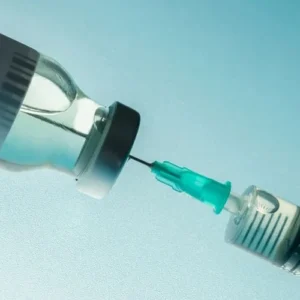Last July, in the remote locality of Butête in southern Haiti, nine-year-old Jonas lost his life to rabies. The boy had been bitten on the leg by a stray dog, and the wound initially seemed minor. Living far from health facilities, his mother was unaware that immediate medical care was critical. Within a week, Jonas became weak and refused to eat, and by the time he reached the nearest hospital, he exhibited the hallmark symptoms of rabies, including severe muscle spasms and hydrophobia. Despite efforts to save him, he died surrounded by his family. His death marks the most recent among four rabies fatalities in Haiti this year, highlighting the lethal but entirely preventable nature of the disease amid the country’s political, economic, and health challenges.
Data collected between 2022 and 2024 indicates that rabies continues to pose a serious public health threat in Haiti. Over 8,000 suspected cases in dogs were investigated, with more than 1,100 considered probable and 46 confirmed in laboratories. During the same period, there were 24 suspected human cases likely caused by dog bites, resulting in eight confirmed deaths. These figures underscore the ongoing risk of rabies, particularly in rural and underserved areas with limited access to health services.
After Jonas was admitted to the hospital, Haiti’s Ministry of Public Health’s National Surveillance Network was quickly alerted. Supported by the Pan American Health Organization (PAHO), the network deployed field staff, including locally-based epidemiology assistants and “labo-moto” health workers, to Butête. The team ensured no one else in the community had been exposed, monitored Jonas’s family, and inspected the area where the dog and her puppies had died. The investigation recommended a canine vaccination campaign, strengthened surveillance, and improved access to human rabies vaccines for post-exposure treatment.
To curb rabies, a nationwide dog vaccination campaign was launched in August targeting around 140,000 dogs, both stray and community animals, alongside public awareness efforts. Training was provided to departmental and communal coordinators and over 480 veterinary auxiliary agents, who worked in 240 teams across priority departments. The campaign also used a mobile app to register vaccinated dogs, enabling real-time data collection and monitoring. Health officials emphasized that large-scale vaccination of dogs directly protects human communities, particularly children, since rabies is entirely preventable with proper measures.
The campaign aims to achieve approximately 80 percent vaccination coverage among the target dog population, which is expected to significantly reduce rabies transmission. It also promotes awareness of preventive measures and appropriate responses to potential rabid animal bites. Despite security and stability challenges, Haitian authorities and health partners consider the campaign a significant success, strengthening community resilience against the disease.
Globally, rabies remains one of the deadliest zoonotic diseases, causing an estimated 59,000 deaths annually, 40 percent of which are children. In the Americas, a 98 percent reduction in human rabies cases transmitted by dogs has been achieved over the past decades, illustrating the effectiveness of coordinated vaccination and public health strategies. Haiti’s ongoing efforts aim to replicate this success and protect vulnerable populations from a completely preventable disease.







